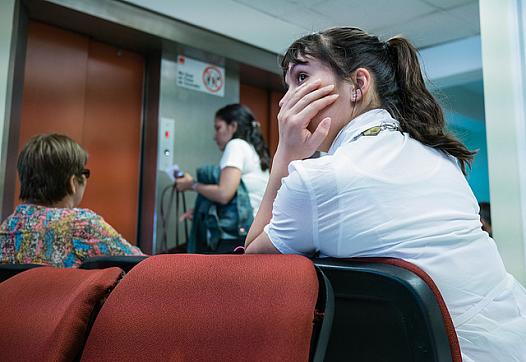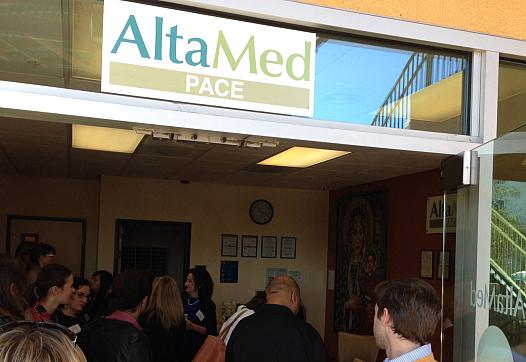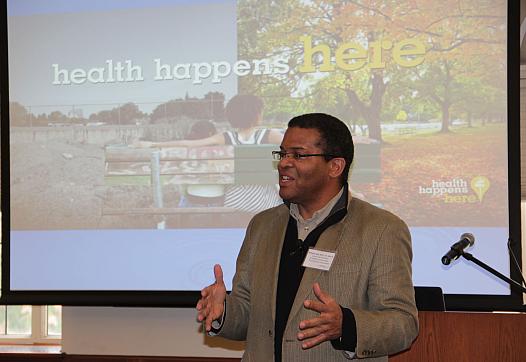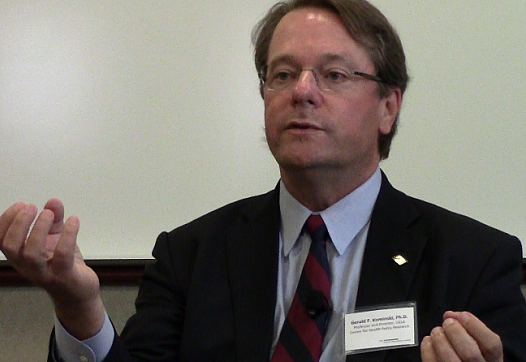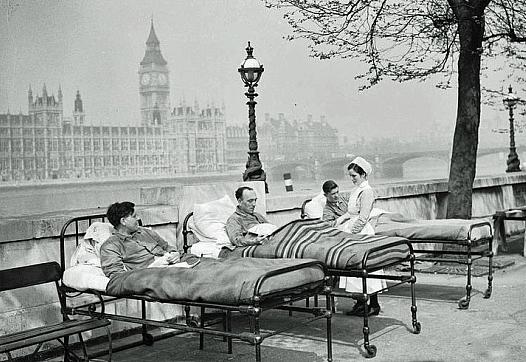
A federal law forbids hospitals from simply kicking their patients to the curb, a practice called patient dumping. Hospitals are required to treat patients who arrive at the ER. Here's how to check whether hospitals in your coverage area are violating the rules.
